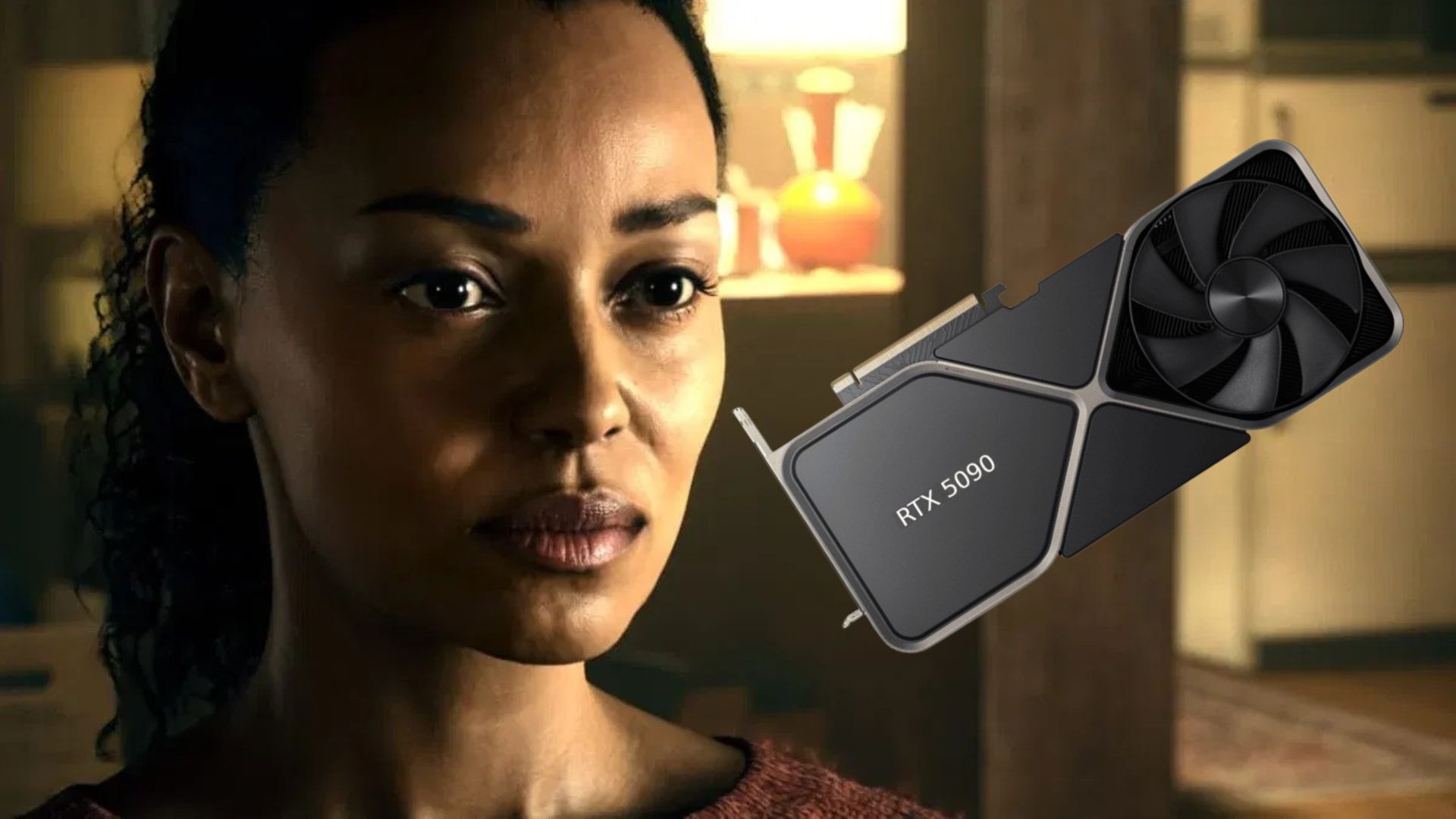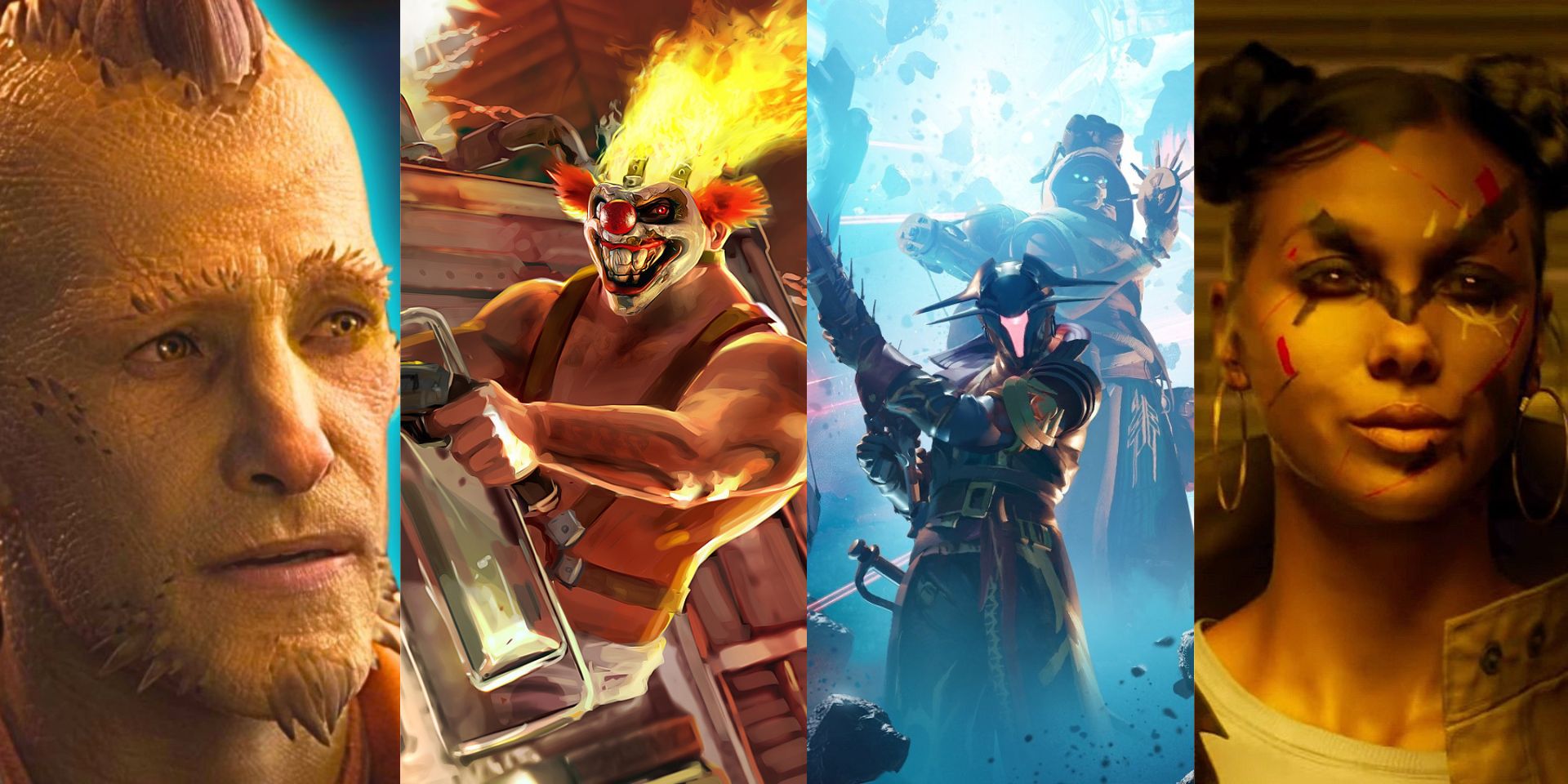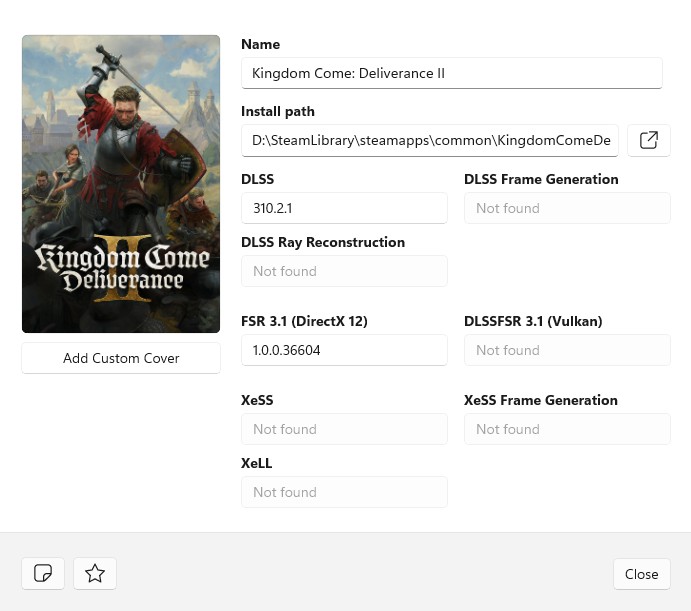- Artificial intelligence offers developers tools to significantly improve game development.
- Whether it be NPC interactions, upscaling, or cost-cutting in AAA titles, AI offers the potential to improve various areas of the industry.
- Further improvements will likely cement the technology as a critical part of gaming.
Artificial intelligence is the fastest-growing industry today, spanning all areas of technology. The advances brought about by various AI technologies have also garnered interest from game developers, practically guaranteeing its role in future releases.
While Nvidia’s DLSS upscaling and frame generation highlight how AI has already impacted games across the industry, this is only the beginning. Moving forward, artificial intelligence is expected to become even more prevalent, and it has become clear that AI will bring numerous benefits to the industry as a whole.
Why it matters: Gaming is at an interesting point today since it seemingly has more problems than developers can solve. As such, these emerging technologies hold the key to pushing the industry forward.
Improved Stories And NPC Interactions
The most basic and perhaps most meaningful improvement AI would offer will likely come in the form of more complex NPCs.
This is something the best open-world games struggle with today, including Cyberpunk 2077, Red Dead Redemption 2, and The Witcher 3. Sure, the NPCs in these titles offer an impressive level of reactivity, but these pale compared to the complexity of human interactions.
AI may not be able to fully emulate different human thought processes and responses, either, but it should offer vastly superior NPCs that express different emotions to increase immersion tenfold.
Nvidia previously gave a glimpse of these possibilities with ACE, which allows developers to move beyond basic scripted conversations for characters. AI tools can also improve stories.
Developers can allocate mundane tasks like writing scripts for basic dialogue or branching scenarios to such tools. Although this may raise concerns about the loss of human creativity, AI tools can be smartly used to polish human input instead of replacing it.
When combined with the best of human knowledge and creativity, these technologies can push the medium of gaming forward.
Graphics And Upscaling

It’s practically impossible to discuss AI in the context of gaming without mentioning upscaling. Nvidia’s introduction of DLSS practically changed the industry, so it doesn’t come as a surprise to me that 80% of RTX users rely on DLSS.
Enable DLSS in most games, and you’ll receive an additional 10-20FPS at practically no visual cost. In fact, it can be argued that DLSS Quality, following the shift to the Transformer model, looks better than native resolution in many games due to modern TAA implementations, but that’s a completely different subject.
Handhelds, in particular, have greatly benefited from the increased focus on AI-based upscaling solutions. The Nintendo Switch 2 is expected to use DLSS, and PlayStation is said to be working on its own handheld, which will most likely utilize PSSR, Sony’s answer to DLSS.
Elsewhere, Xbox’s upcoming handheld is expected to utilize a technology similar to Microsoft’s Automatic Super Resolution. These AI-based solutions allow cutting-edge visuals and gameplay on small form factors, something unimaginable a few years ago.
With further developments, handhelds will continue to improve and usher in a new age of portable gaming.
Solving The Budget Problem

Arguably, the biggest challenge facing modern development is the rapidly increasing cost of producing AAA games.
Each game aims for more attention to detail, bigger worlds, and better gameplay. This can quickly lead to budgets growing as high as $200-300 million, even if studios have little to show for these high costs.
AI can be used to streamline workflows and get tasks done significantly faster. The latter is also important since modern titles take anywhere from four to five years to produce, limiting studios to just one AAA release each console generation.
In my opinion, faster and cheaper development is crucial for gaming since it would allow studios to take more risks and experiment with different ideas. Modern AAA releases are clearly lacking in this department since they often play it safe over fears of four to five years of effort going to waste.
Of course, this is far from everything AI can do for the industry. There’s no telling how far the technology will go as it continues to improve, but I have hope that game development will only benefit from the unprecedented rate at which AI is progressing.
Thank you! Please share your positive feedback. 🔋
How could we improve this post? Please Help us. 😔
[News Reporter]
Avinash is currently pursuing a Business degree in Australia. For more than three years, he has been working as a gaming journalist, utilizing his writing skills and love for gaming to report on the latest updates in the industry. Avinash loves to play action games like Devil May Cry and has also been mentioned on highly regarded websites, such as IGN, GamesRadar, GameRant, Dualshockers, CBR, and Gamespot.


 Threads
Threads

